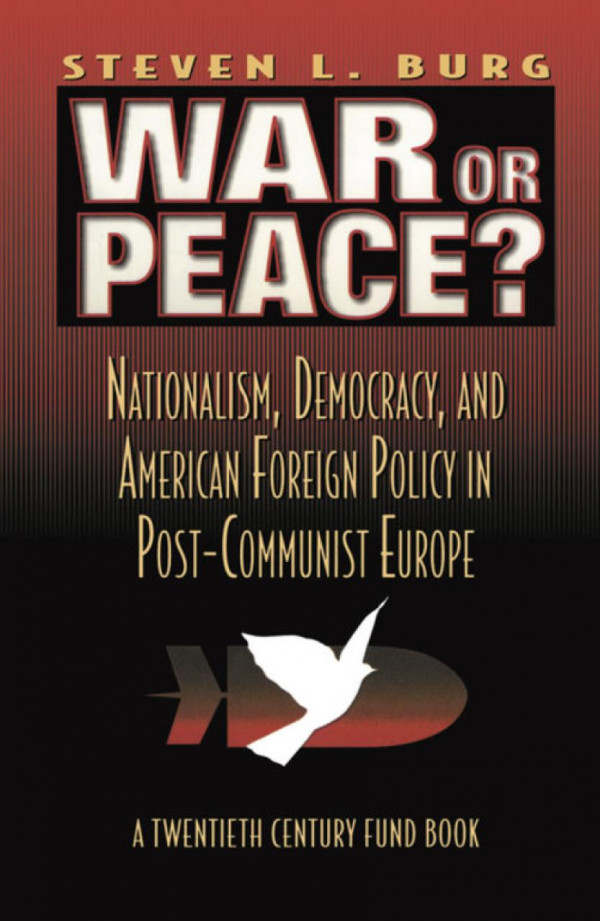

Most ebook files are in PDF format, so you can easily read them using various software such as Foxit Reader or directly on the Google Chrome browser.
Some ebook files are released by publishers in other formats such as .awz, .mobi, .epub, .fb2, etc. You may need to install specific software to read these formats on mobile/PC, such as Calibre.
Please read the tutorial at this link: https://ebookbell.com/faq
We offer FREE conversion to the popular formats you request; however, this may take some time. Therefore, right after payment, please email us, and we will try to provide the service as quickly as possible.
For some exceptional file formats or broken links (if any), please refrain from opening any disputes. Instead, email us first, and we will try to assist within a maximum of 6 hours.
EbookBell Team

0.0
0 reviewsFor more than forty years, Western policymakers defined communism as the central threat to international peace and stability. They responded by confronting it with a counterbalancing threat of force, and pursuing a strategy of containment. With the collapse of communism, the challenge to peace and stability in the Euro-Atlantic community has changed. Soviet expansionism has been supplanted by powerful, internal forces arising out of the clash of competing ethnic nationalisms. This challenge, argues Steven L. Burg, cannot be met by force alone, or neutralized through a strategy of containment. It requires Western states to act decisively to influence the internal political development of the post- communist states themselves.
Burg surveys the challenges that the ethnic diversity in Eastern Europe present to domestic stability, international peace, and American interests, and suggests policies and practices by which the United States and its allies might contribute to the consolidation of peace in the region. He provides a concise explanation and analysis of the issues, evaluates the usefulness of scholarly approaches to the resolution of ethnic conflicts, and offers a strategy of what he calls preventive engagement by which policymakers may prevent conflicts such as the one that destroyed the former Yugoslavia.
War or Peace? offers clear and direct recommendations to guide both interested citizens and national policymakers as they attempt to grapple with the complexities of ethnic and nationalist politics in Europe.